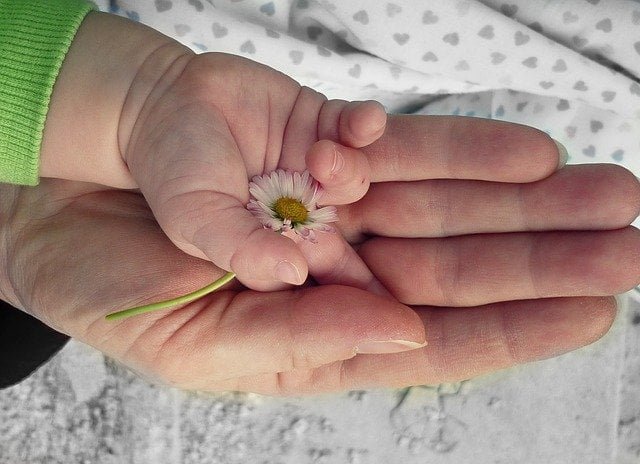
Are you trying to get pregnant after the age of thirty-five?
Are you trying to get pregnant after the age of thirty-five?
Many women try to have children after the age of thirty-five. Almost one in four (24%) of Australian pregnant women are aged 35 and over. But there are risks and challenges that you need to know about.
If you have been trying to conceive for six months or more, you should see a doctor to discuss your fertility.
Pregnancy can be more difficult than it was when you were younger. You are most fertile in your early twenties. In general, fertility begins to decline faster after age 30, and declines further after age 35.
The older you and your partner are, the more likely it will take a long time to get pregnant.
Why does your fertility decline?
At birth, your ovaries have all the eggs you would ever have — between 1 and 2 million. By puberty, half of them will be gone. As you get older, the number of eggs continues to decrease. Also, your eggs age as you do, and older eggs are not easily fertilized.
But you still only need one.
Improve your chances of getting pregnant
You will have a better chance of getting pregnant if you understand your menstrual cycle. The average cycle is 28 days, but it can vary anywhere between 20-40 days for some women.
If your cycle is regular, you can tell that you are likely to ovulate two weeks before your next period starts. So you can work from that and have the best time to have sex.
Also, you and your partner should be as healthy as possible. Aside from anything else, this will really help your chances of getting pregnant. You can either:
- Quit smoking if you smoke and avoid secondhand smoke
- be a healthy weight
- Avoid alcohol
- Eat a healthy diet
- Check for and treat any sexually transmitted infections
When should you seek help?
If you are over 35 and have been trying to get pregnant for six months or more, you should see a doctor.
For women under 35, the usual advice is to try for a year first, unless you know you have problems such as endometriosis or other conditions that can affect your fertility.
Treatments
There are many options available for women who are having trouble getting pregnant. Treatment depends on the cause, so the first time you want to look at the cause of a problem.
First, you and your partner will undergo a number of fertility tests, which may include sperm tests, sexually transmitted infection checks, and possibly an ultrasound.
Depending on the results, your doctor may suggest treatments such as:
- hormone therapy
- IVF and Variations such as Intracytoplasmic Sperm Injection (ICSI)
- Artificial insemination
All of these treatments can work. Nothing is guaranteed.
For example, most women have a 33% chance of taking a baby home after a cycle of IVF, and 54% after 8 cycles. But for women aged 40-44, this percentage drops to 11% after one cycle and about 38% after 8 cycles.
If I got pregnant?
If you are over 35 and become pregnant, it is important that you get good prenatal care, as there are a few things you need to watch out for, such as gestational diabetes, high blood pressure and the chance of twins.
You may also wish to speak with your doctor or midwife about genetic counseling and tests such as amniocentesis and chorionic villus sampling.



